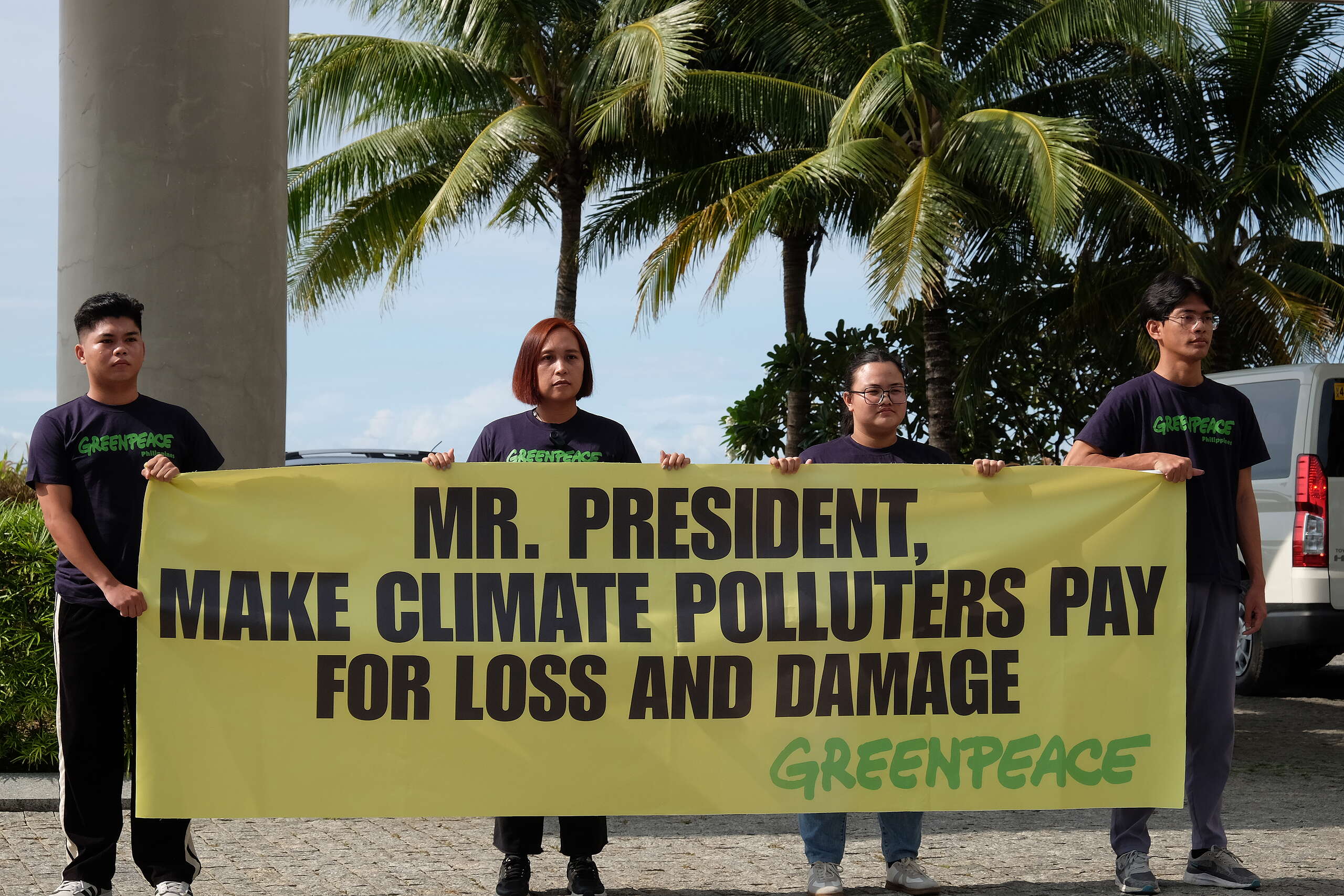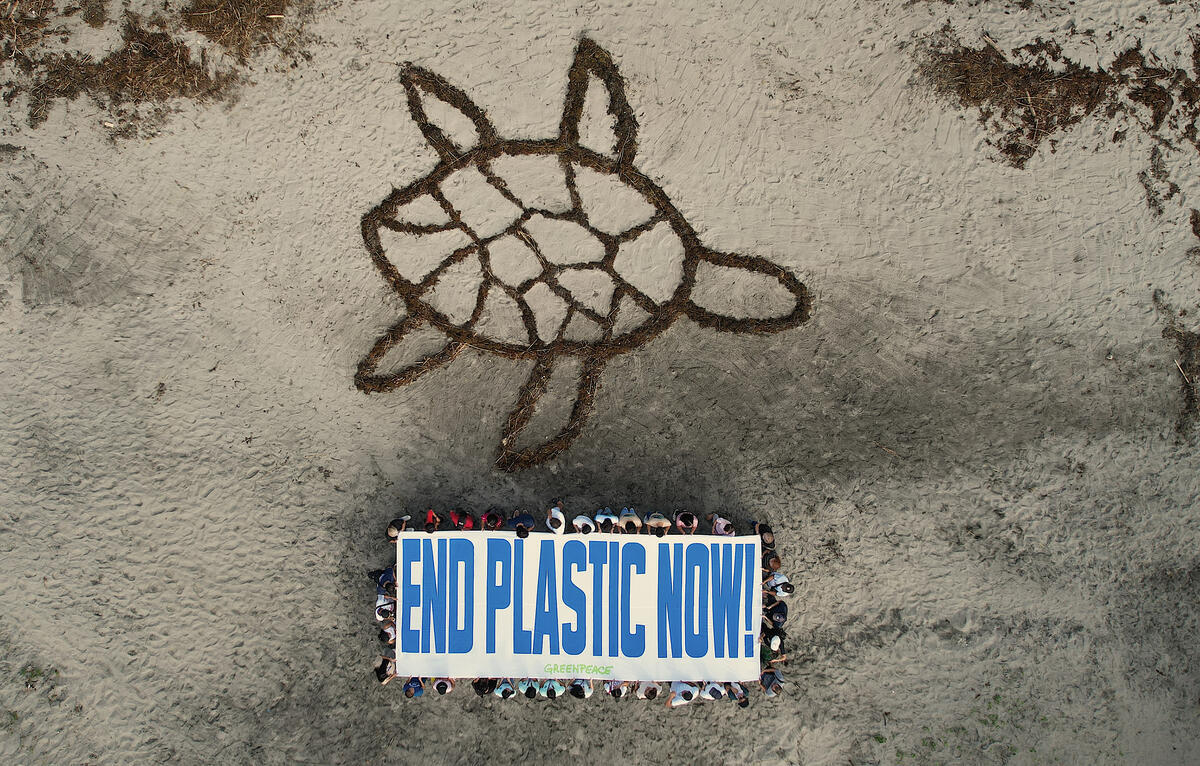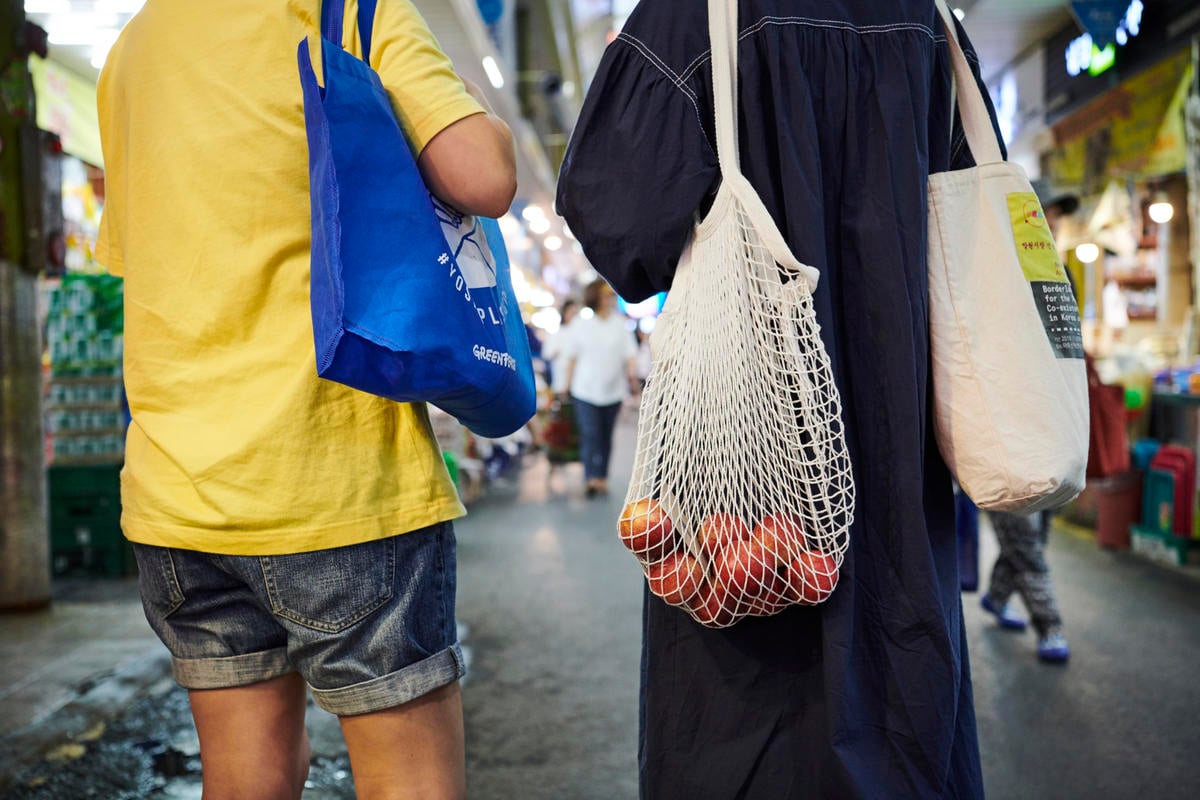The Bangkok Declaration and the ASEAN Framework of Action on Marine Debris is a good example of how regional action can be achieved to address a common challenge. However, the Framework falls short of addressing the plastic pollution problem at root, by giving more focus to waste management rather than the need to reduce the production of single use plastics so that they don’t end up as waste.
Plastics is a pollution problem, not a litter problem, and must be addressed throughout its life cycle, from production to end of life. Limiting the scope of the Framework to marine debris focuses only at the end-of-pipe–after plastic pollution has been manufactured–approaches the problem as a waste recovery, management and disposal issue. However, the issue is not how to manage plastic waste so they don’t end up as marine debris–but how all nations must focus upstream, and drastically reduce plastic production.
While the Framework touched on innovation and alternatives, it lacks the vision to develop appropriate systems, not merely for replacement of packaging with other disposable materials. With advancements in technology, ASEAN governments are in a position to develop ‘greener’ innovations to help facilitate a mindset shift on single-use plastic.
To effectively reduce plastics pollution, whether on land or at sea, ASEAN nations must go beyond this Framework and institute policies at home that ensure a lot less single-use plastic products will be manufactured. This can be done through regulations and bans on single-use plastics, and laws that will facilitate redesign of packaging and product delivery systems.
Most importantly, the Framework failed to address the problem of waste imports. ASEAN nations have been struggling against the waste trade which has serious ecological and social consequences. ASEAN’s non-action on the waste trade issue, even those for recycling, is alarming when the summit is the best time to address it.
Greenpeace reiterates our recommendations for ASEAN to:
- Impose an immediate ban on all imports of plastic waste, even those meant for “recycling” and ensure all ASEAN countries ratify the Basel Ban Amendment;
- Establish a holistic regional policy geared toward massively reducing the production of single-use plastic packaging and products, and facilitating innovation on reusable packaging and alternative delivery systems.
- Advance a sustainable and ethical circular economy framework, grounded on zero waste approaches, that protects human health and the environment, and enable the ASEAN region to decouple growth from excessive resource extraction, production, consumption and wastage.
Media contact:
Therese Salvador, Media Relations Coordinator, Greenpeace Southeast Asia
Email: [email protected] Mobile: +639178228734
Tara Buakamsri, Thailand Country Director, Greenpeace Southeast Asia
Email: [email protected] Mobile: +66894769977



